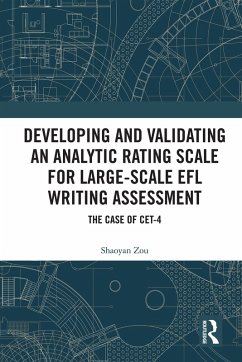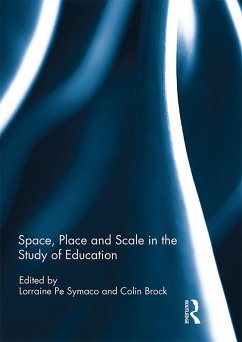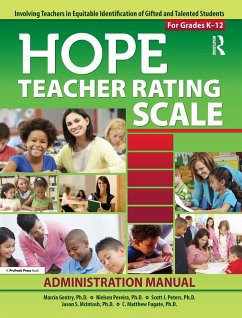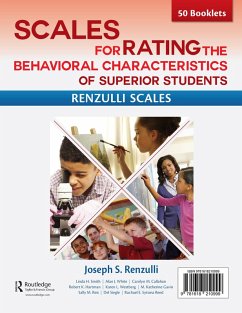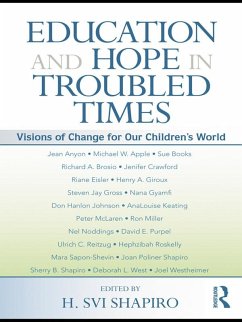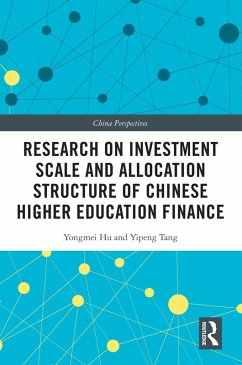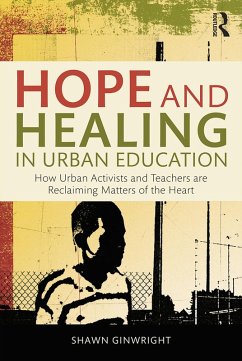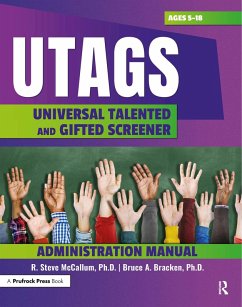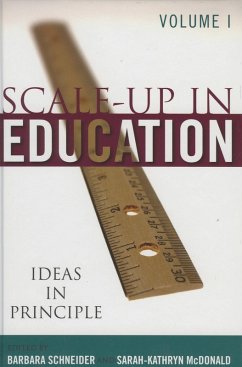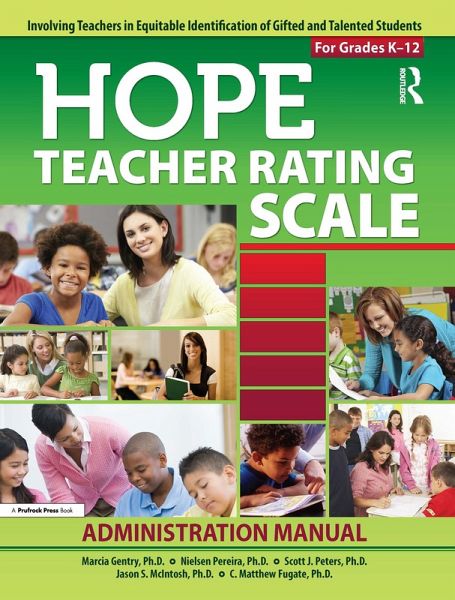
HOPE Teacher Rating Scale (eBook, PDF)
Involving Teachers in Equitable Identification of Gifted and Talented Students in K-12: Manual
Versandkostenfrei!
Sofort per Download lieferbar
58,95 €
inkl. MwSt.
Weitere Ausgaben:

PAYBACK Punkte
29 °P sammeln!
The HOPE Teacher Rating Scale is designed to help guide teachers in identifying gifted students for programming. It is unique in several ways. First, it is short, with only 11 items that measure academic and social/affective components of giftedness, making it easy to use. Second, it is invariant when used to identify students from low-income and culturally diverse families. Third, it can be used across grade levels, K-12. Finally, local norms ensure that the data are relevant to the specific school populations. With multiple measures and multiple pathways crucial for reversing the inequities ...
The HOPE Teacher Rating Scale is designed to help guide teachers in identifying gifted students for programming. It is unique in several ways. First, it is short, with only 11 items that measure academic and social/affective components of giftedness, making it easy to use. Second, it is invariant when used to identify students from low-income and culturally diverse families. Third, it can be used across grade levels, K-12. Finally, local norms ensure that the data are relevant to the specific school populations. With multiple measures and multiple pathways crucial for reversing the inequities in identifying culturally, economically, and linguistically diverse students, a teacher-nomination instrument like the HOPE Teacher Rating Scale is an important component of identification systems. The HOPE Teacher Rating Scale items have been well-developed and subjected to research using more than 12,000 diverse students in five validity studies to date. This manual is useful in understanding and interpreting the electronic scores generated from teachers' ratings of their students. This instrument is a must-have for any administrator or gifted-program coordinator involved in student identification.
To explore the full collection of HOPE print and online resources, please visit: https://www.routledge.com/go/hope-teacher-rating-scales.
To explore the full collection of HOPE print and online resources, please visit: https://www.routledge.com/go/hope-teacher-rating-scales.
Dieser Download kann aus rechtlichen Gründen nur mit Rechnungsadresse in A, B, BG, CY, CZ, D, DK, EW, E, FIN, F, GR, HR, H, IRL, I, LT, L, LR, M, NL, PL, P, R, S, SLO, SK ausgeliefert werden.




